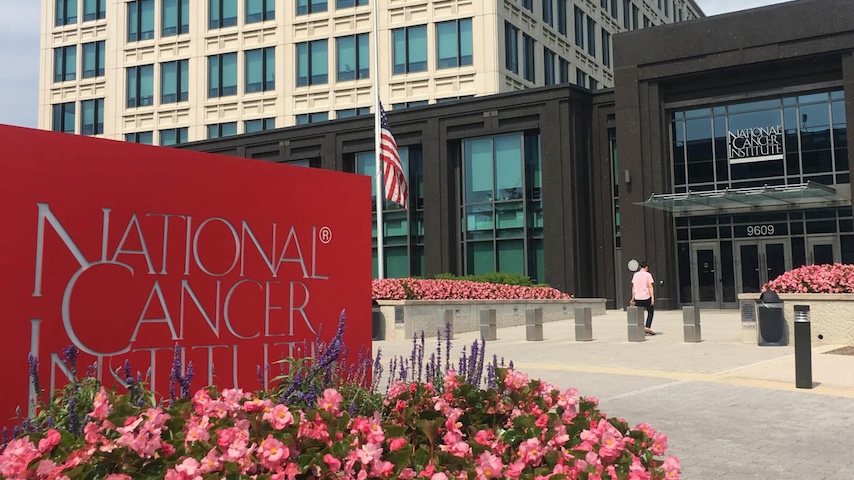Trump’s Assault on NIH Will Kill People With Cancer
Photo via National Cancer Institute
Supervisors inside the National Cancer Institute received a series of commands from on high late this week that, if left in place for any length of time, will grind its operations to a halt. The Trump administration is trying to kill people.
-

-

-

-

-

-

-

-

-

-

-

-

-

-

-

-

-

-

-

-

-

-

-

-

-

-

-

-

-

-

-

-

-

-

-

-

-

-

-

-

-

-

-

-

-

-

-

-

-

-

-

-

-

-

-

-

-

-

-

-

-

-

-

-

-

-

-

-

-

-

-

-

-

-

-

-

-

-

-

-

-

-

-

-

-

-

-

-

-

-

-

-

-

-

-

-

-

-

-

-

-

-

-

-

-

-

-

-












































































































